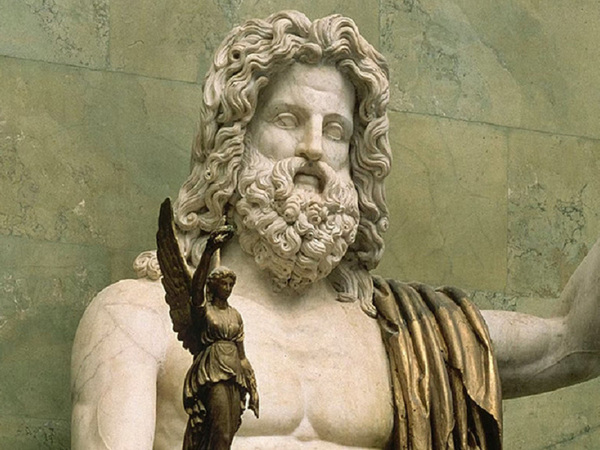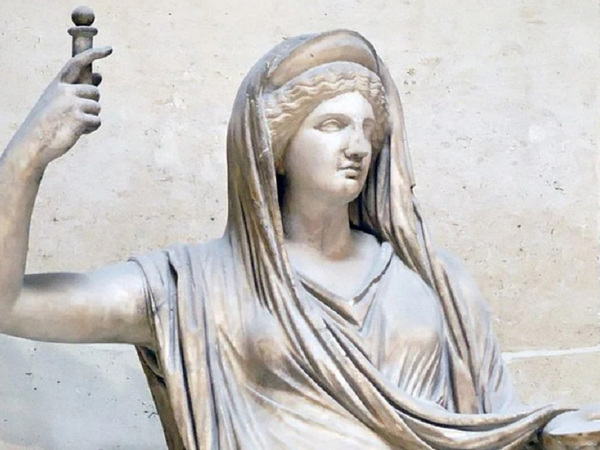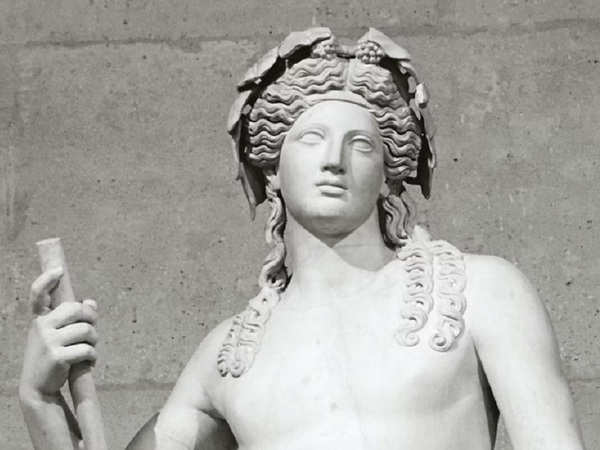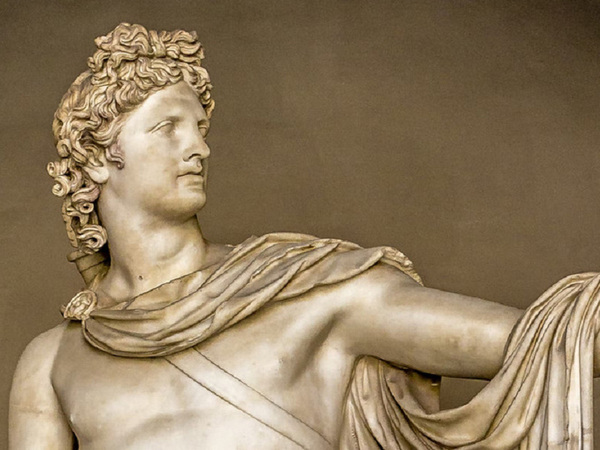The Greek myths that recount the adventures of gods, goddesses, and heroes have captivated audiences since the early Bronze Age. Initially passed down orally by poets, these tales were eventually transcribed in the 6th century BC, securing their place in Western literature. Integral to Greek religion, these myths provided explanations for the enigmatic workings of the natural world.
They weave narratives of creation, the illustrious "golden age," and the interactions between gods, mortals, and legendary heroes like Theseus and Heracles, whose exploits served as inspiration for ordinary individuals.
The pantheon of gods and goddesses, governed by Zeus, were not immune to human desires and flaws, adding complexity and relatability to their divine personas.
Zeus, hailed as the father of the gods, held dominion over both immortals and mortals from his celestial abode on Mount Olympus.

Hera, Zeus's wife, is renowned for her consuming jealousy.

Athena, sprang forth fully armed from the head of Zeus, a symbol of strategic warfare and wisdom.
Poseidon, Zeus's brother and lord of the seas, brandished his iconic trident as a mark of his authority. His tumultuous marriage to the sea goddess Amphitrite was plagued by his infidelity.
Paris is immortalized in myth for his role in adjudicating the golden apple to the most beautiful goddess.

Dionysos, the god of revelry, grapes, and wine, emerged from Zeus's thigh, symbolizing fertility and ecstasy.
Artemis, the virginal goddess of the hunt, was Zeus's daughter and Apollo's twin. Recognizable by her bow and arrows, she roamed the forests with her retinue of nymphs, also assuming the role of a childbirth deity.
Helios, the radiant sun god, traversed the heavens in his four-horse chariot, illuminating the world with his brilliance.
Aphrodite, born from the foam of the sea, emerged near the shores of Cyprus, embodying love and beauty. Her son, Eros (Cupid), became synonymous with desire.

Apollo, son of Zeus and sibling to Artemis, served as the god of healing, music, and aesthetics, often depicted with his melodious lyre and renowned for his unparalleled beauty.
Hades and Persephone reigned as the monarchs of the Underworld, their tale marked by Persephone's abduction by Hades, which plunged her mother Demeter, goddess of the harvest, into sorrow, leading to the cyclical nature of the seasons.












